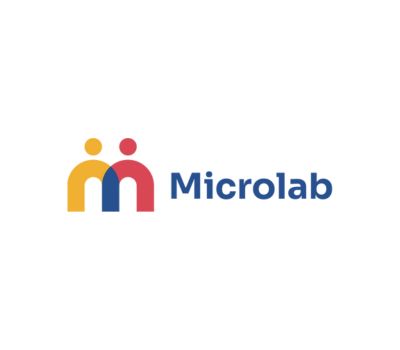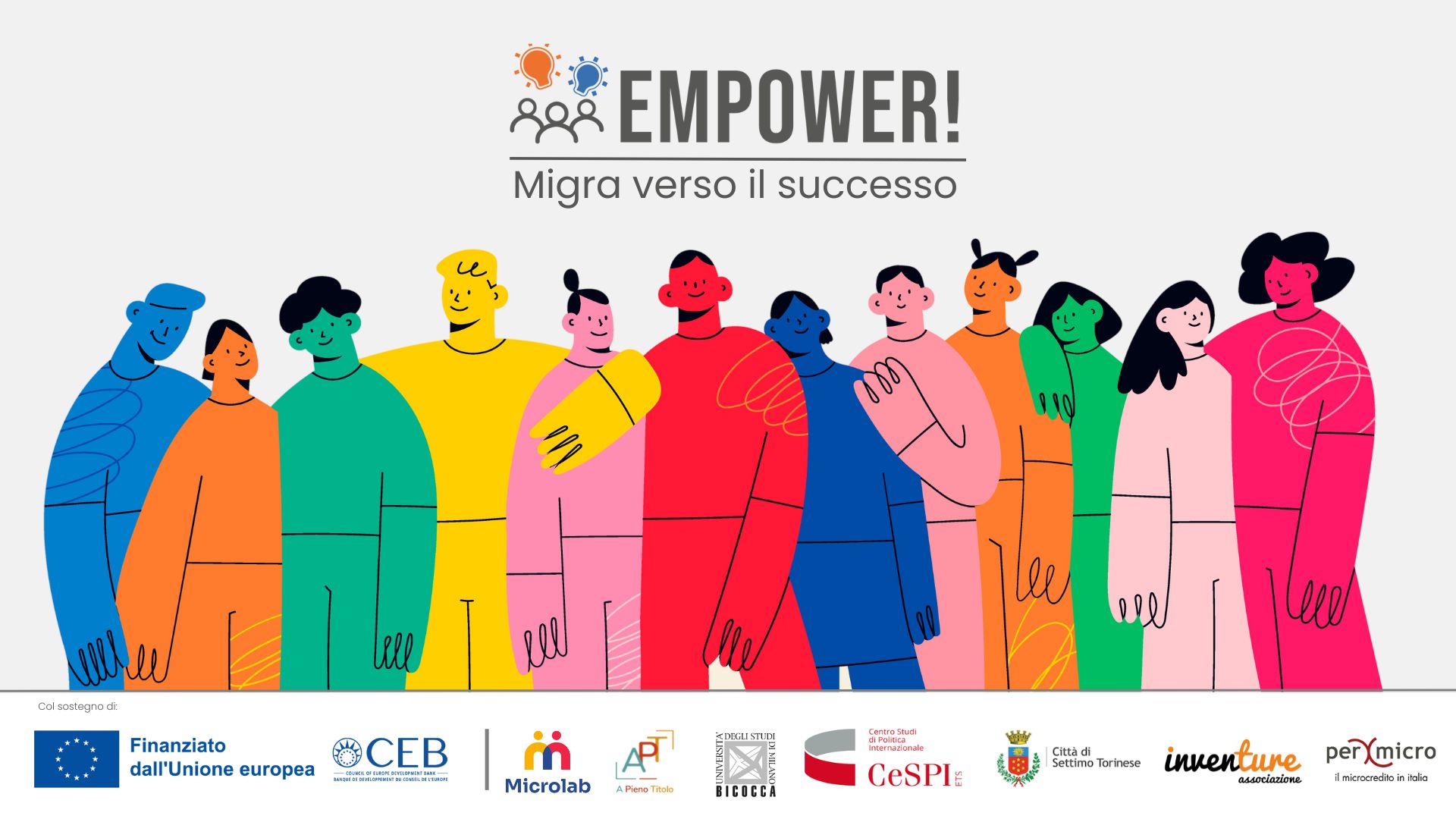Microlab Association since 2003 promote social inclusion by supporting self-entrepreneurship, job orientation and financial education through business mentoring and training .
To give back to the community for free part of what it has received, in terms of knowledge and work experience, in order to grow those who want to get involved and need a helping hand to do so. This is the principle behind the work of Microlab, which supports those who want to embark on an entrepreneurial path, those who already have a business but find themselves in difficulty, or those who are facing the world of work and personal budget management for the first time.
Activities:
- Mentoring
MicroLab offers the opportunity to be accompanied free of charge by a mentor who, thanks to his professional and personal experience, is able to provide valuable support during the different stages of starting and developing a business.
Mentoring can take place in two stages:
STARTUP – pre business startup (study of the business idea, support in drafting the business plan, market research, etc. );
BUSINESS GROWTH – post business startup (business progress check, identification of new growth opportunities and corrective actions for any critical issues).
Mentoring is a path of growth based on the mutual trust that is created between two people: the mentor with the most experience and expertise, and the mentee.
Specifically, MicroLab Business Mentors, assist and support aspiring entrepreneurs:
at the stage of analyzing the sustainability of the business idea.
In the early stages of starting and/or developing their business activities.
at the stage of crisis and redefinition of their business.
Business Mentors
Business Mentors provide their skills and experience to help those who want to open a business activity and are motivated by the principle of give back, that is, the willingness to give back to the community part of what they have received completely free of charge.
Mentors are volunteers selected on the basis of their skills, who give their time for free to support the personal and entrepreneurial growth of people who are going through tortuous paths but want to find economic independence.
What does a mentor do?
A mentor accompanies his or her mentee on the journey of opening a new business or restyling an existing one through free support based on mutual trust. New business opportunities are explored together, any critical issues are addressed, and milestones along the way and goals are mapped out. Through mentoring mentor and mentee grow together, discovering by comparison new aspects of themselves, developing new knowledge, understandings, motivations, and teaming up to achieve a common goal.
Mentors have skills in management and business management, monitoring and evaluation of economic activities or marketing and communication, but also soft skills such as listening skills, empathic communication, and interpersonal skills.
Do you want to become a mentor? Here’s why do it with Microlab
Microlab offers the opportunity to join an association with 20 years of experience in business mentoring that protects both the figure of the mentor and the mentee. Comparison with other mentors in the network and the staff allow the individual mentor to mature both professionally and personally.
Mentors are required to have a minimum availability of 8 hours per month to devote to mentoring, which takes place through regular meetings with their mentees. Mentors may also conduct training on the topics of entrepreneurship, job orientation, and financial education.
- Training
Training is aimed at aspiring entrepreneurs who want to start their own business and entrepreneurs who need to deepen their knowledge. MicroLab also organizes training courses on financial education issues aimed at young people and individuals in disadvantaged situations to encourage the spread of a proper culture of financial management.
Training takes place both in synchronous mode, with classroom lectures or webinars, to which interested parties sign up and during which they can interact by asking questions or making comments; and in asynchronous mode, thanks to the Academy platform, within which there are learning paths in e-learning format that can be attended at any time.
Mentoring and training are self-feeding and often those who attend trainings become mentees or vice versa, thus creating a virtuous circle of training and empowerment.
- Orientation
MicroLab has been supporting orientation to post-degree job choices since its origins through pathways aimed at students in the final years of Higher Education Institutions. The goal is to help students enter the world of work.
In recent years, work orientation has become a topic covered within projects aimed at particularly fragile segments of the population, or people with major traumas, or even with long periods of absence from the world of work.




